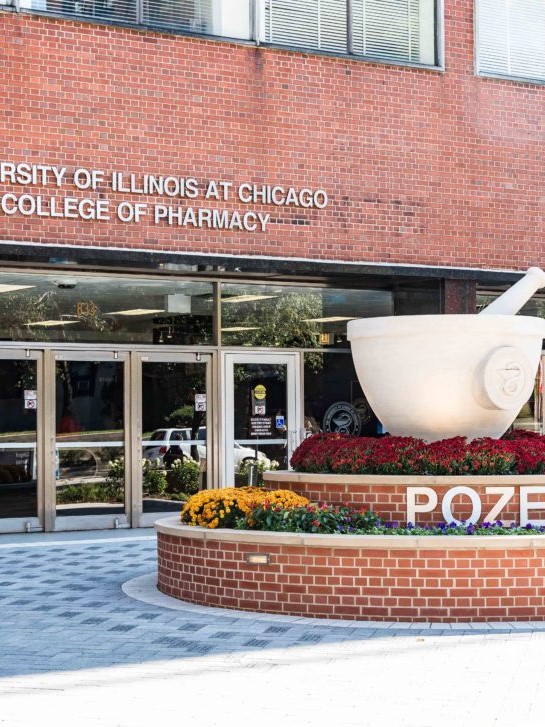Providing Care to Organ Transplant Patients During COVID-19
Submitted By:
Sarah M. Michienzi, PharmD, BCPS, AAHIVP
May 11, 2020
The need for a lifesaving organ transplant doesn’t resolve in the wake of a pandemic. ACCP member Alicia Lichvar, Clinical Assistant Professor and Abdominal Transplant Clinical Pharmacist at the University of Illinois - Chicago, has adapted her practice to meet the needs of her patients in the face of COVID-19. Her job is to ensure the clinically appropriate and safe pharmacotherapeutic management of abdominal transplant recipients’ immunosuppression and their chronic disease states. In the pandemic era, institutions such UIC are still performing transplants. Therefore, Alicia continues to serve as a key member of the clinical team that manages patients during their transplant surgery admission and in the outpatient follow-up period. The team also cares for any patients re-hospitalized within the first year following transplantation. Patients who are readmitted with novel coronavirus infection are transferred to specific COVID-19 teams within the hospital while Alicia’s team provides care as a consult service.
Although many of the clinical pharmacists’ duties remain the same, the means of providing care has changed during the COVID-19 pandemic. First, they are using a remote model for rounding. Therefore, much of their clinical care and patient workups are done from outside the patient care areas. To accommodate transplant recipient education, the clinical pharmacists have coordinated with nursing staff to communicate with patients by phone while they are in their hospital rooms. In addition, they continue to provide a “meds to bed” program in which discharge medications are delivered to patients and the clinical pharmacist then calls them to review the final medication list. If needed, Alicia and her colleagues go to the transplant or step-down unit to facilitate any issues that cannot be resolved remotely. In this environment, the multidisciplinary team relies on consistent and regular communication to provide optimal care to patients. Despite the extra steps and precautions needed, clinicians are successfully minimizing viral exposure to protect both themselves and their patients.
For transplant recipients, a larger concern remains—will they contract COVID-19? How will their disease course be different from that of the general population? These individuals have numerous chronic diseases and also are immunocompromised, making them particularly vulnerable. At present, the team takes advantage of the information provided by virtual webinars and national registries to address common patient care questions/dilemmas and to better understand the clinical course of this challenging patient population.